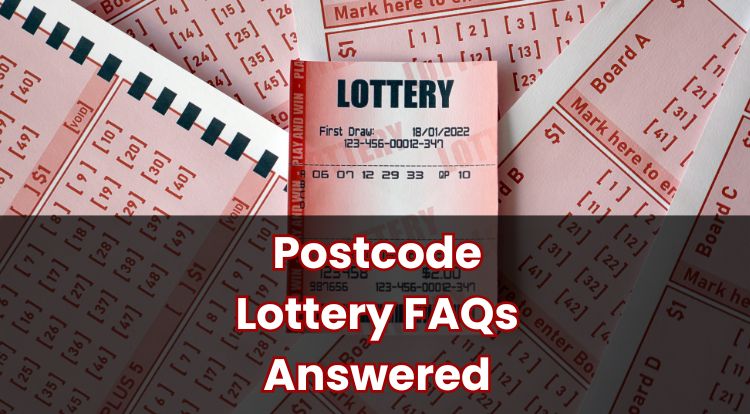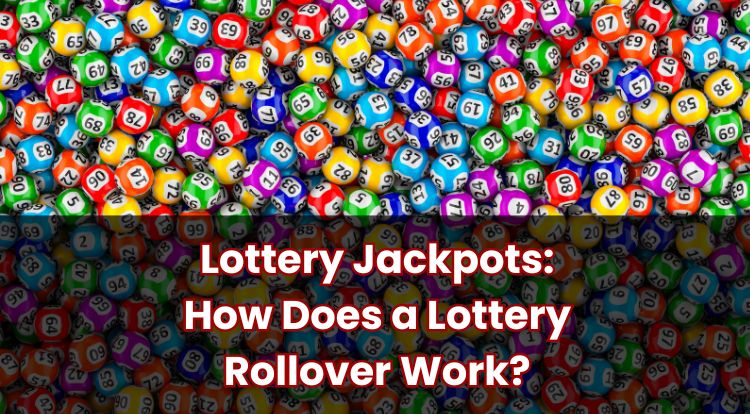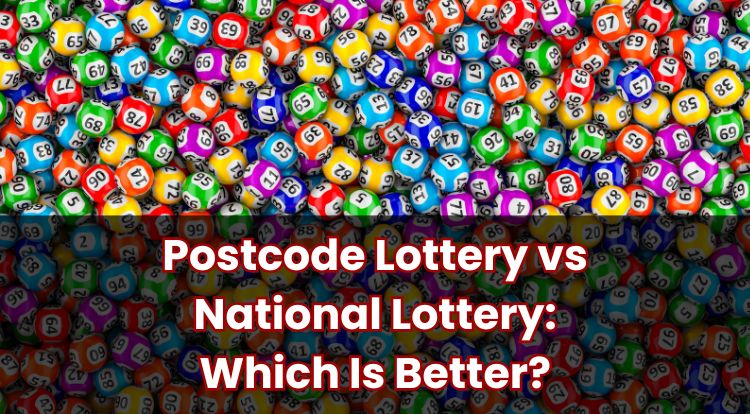Lotto Quadruple Rollover

The game of lottery has always been one of the most popular forms of gambling. In recent years, a term has gained prominence among lottery enthusiasts – the ‘Quadruple Rollover’. This unique phenomenon has added an extra layer of thrill to the lottery game.
Let’s dive into what it is and what it entails.
Quadruple Rollover Meaning
In the realm of lotteries, a rollover takes place when no participant succeeds in securing the jackpot, causing the prize to be added to the subsequent draw.
The term ‘Quadruple Rollover’ signifies that this process has occurred four consecutive times. The initial jackpot has been carried forward four times in a row, with the potential winnings escalating with each rollover.
How Many Times Can The UK Lottery Rollover?
In the United Kingdom, the National Lottery is governed by specific regulations regarding rollovers. The game has a cap limiting rollovers to a maximum of five times. This implies that a regular jackpot, failing to be won, undergoes a succession of transformations – a double rollover, a triple rollover, and finally, a quadruple rollover.
If the quadruple rollover also remains unclaimed, the next draw enters the ‘Must Be Won’ phase, marking the final, fifth rollover.
Does a Quadruple Rollover Have To Be Won?
Contrary to what one might think, a quadruple rollover does not necessarily have to be won. It can also result in another rollover, pushing the game into the ‘Must Be Won’ phase. This stage results in the top prize being distributed across the lower prize tiers to ensure it is won even if no one matches all of the numbers again.
Quadruple Rollover Prizes
Since the quadruple rollover is still not the ‘Must Be Won’ prize, the primary jackpot still requires matching six numbers for a win. The prize is the accumulation of the previously unwon prizes as well as what would have been this draw’s top prize if there had been no rollovers.
The prizes may be different on each rollover, so there is no telling what the definitive prizes of a quadruple rollover will be until it happens.
Quadruple Rollover Rules
There are no specific rules catering exclusively to the quadruple rollover. Similar to other jackpots, it can only be won by matching six numbers. The quadruple rollover prize often has a cap, limiting the jackpot available for grabs. For example, in Euromillions, the jackpot usually starts at £17 million and is capped at £240 million. To participate in the quadruple rollover and other lottery games in the UK, one needs to be 18 years old or above.
If there are no winners in the quadruple rollover, the game advances to the ‘Must Be Won’ phase, where it turns into a rolldown. However, it’s important to remember that even if the lotto rolls over to the ‘Must Be Won’ phase, there is no guarantee you will win; you still need to match enough numbers to win a prize in the National Lottery.
Please gamble responsibly.
*All values (Bet Levels, Maximum Wins, etc.) mentioned in relation to this game are subject to change at any time.




